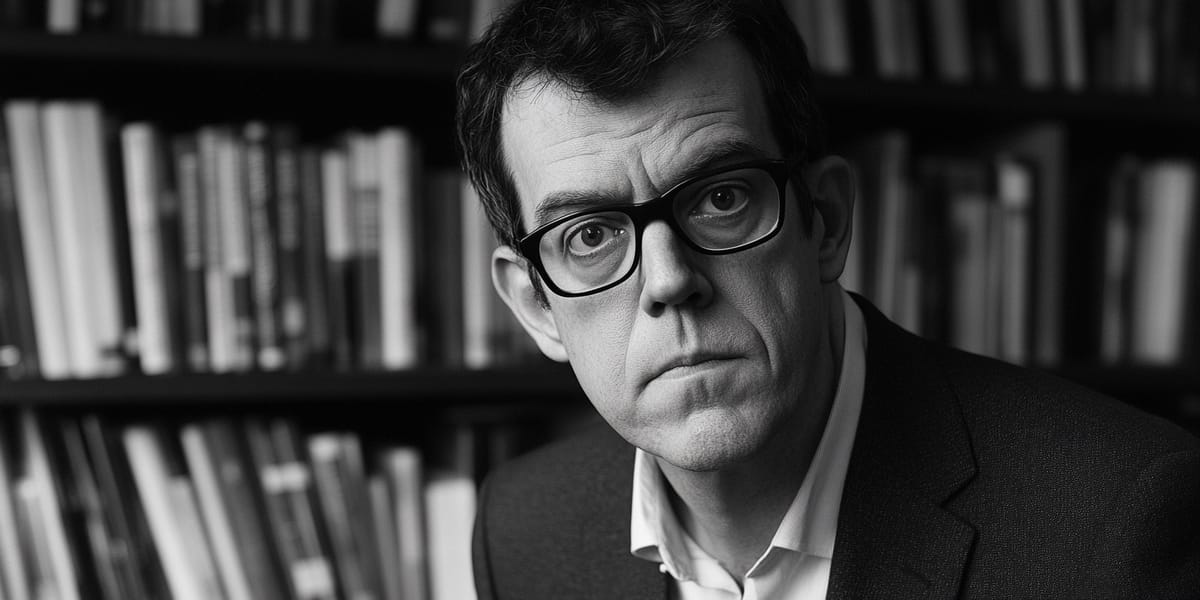Meta Faces Backlash from Richard Osman and Authors Over Copyright Breaches

Popular author Richard Osman has rallied fellow writers to challenge Meta after revelations that the tech giant used a controversial database containing millions of pirated books to train its artificial intelligence systems.
"Copyright law is not complicated at all," wrote Osman on X. "If you want to use an author's work you need to ask for permission. If you use it without permission you're breaking the law. It's so simple."
The controversy centers on Meta's use of The Library Genesis dataset, a "shadow library" with over 7.5 million books. This database, which originated in Russia, was the subject of a 2024 New York federal court ruling that ordered its operators to pay publishers $30 million for copyright violations.
After The Atlantic published a searchable version of the LibGen database last week, many authors discovered their entire catalogs had been used without permission. Novelist Emma Donoghue found "91 results" of her works, noting, "That's every book I've published since 1993, in multiple languages, scraped without permission to train AI."
Despite acknowledging the challenge of taking on a tech giant, Osman remained defiant: "It'll be incredibly difficult for us, and for other affected industries, to take on Meta, but we'll have a good go!"
OpenAI has asked the Trump administration to allow AI companies to use copyrighted material for training their models. The ChatGPT creator framed AI advancement as a national security issue in its proposal to the federal government, arguing that America must preserve "AI models' ability to learn from copyrighted material" to maintain leadership against China.
The Society of Authors has demanded immediate compensation for rights holders, calling for stronger legislation to protect authors. They stated this case provides "yet more evidence of the catastrophic impact generative AI is having on our creative industries worldwide."
Court filings from authors suing Meta reveal company executives, including Mark Zuckerberg, knew LibGen contained pirated material. Internal communications show engineers discussed accessing the data but hesitated because "torrenting from a corporate laptop doesn't feel right."
Meta defended its actions, stating they "developed transformational GenAI open source LLMs that are powering incredible innovation" and that "fair use of copyrighted materials is vital to this." The company plans to "vigorously defend" itself against the authors' claims.
This controversy comes as publishers like Taylor & Francis and Veen Bosch & Keuning begin using AI for book translations, raising additional concerns about translator rights and translation quality among authors and industry professionals.




